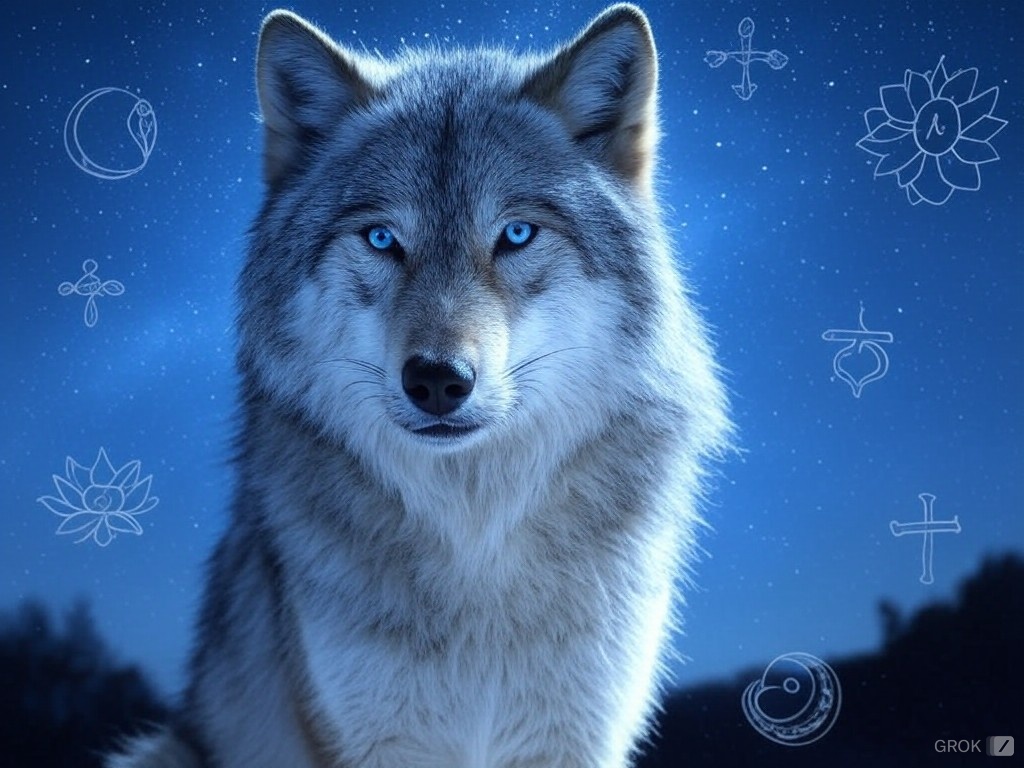Overview of Animal Treatment Across Religions and Beliefs:
Judaism: Emphasizes compassion (Tza'ar Ba'alei Chayim), prohibiting unnecessary cruelty to animals. The Torah includes laws for animal welfare, like giving rest to working animals on the Sabbath.
Christianity: Teachings generally advocate for stewardship of creation, with many denominations emphasizing kindness to animals as part of loving God's creation. However, interpretations vary, with some focusing more on human dominion over animals.
Islam: Encourages kindness (rahmah) towards animals. The Prophet Muhammad set examples by showing compassion, like freeing a bird or prohibiting the use of animals for target practice. There are clear prohibitions against cruelty.
Buddhism: Advocates for non-violence (ahimsa) and compassion for all sentient beings. The principle of karma suggests that harm to animals affects one's spiritual path, promoting vegetarianism among some followers.
Hinduism: Promotes ahimsa, leading many Hindus to practice vegetarianism or at least to treat animals with respect. Cows are particularly revered, and many animals are associated with deities, suggesting a duty to protect them.
Greek Mythology: While not a formal religion in modern terms, ancient Greek culture respected animals in myth and ritual, but treatment varied widely, with some animals revered and others used for sacrifice.
Norse Mythology: Animals were integral to daily life and mythology, often treated with a respect reflecting their roles in stories or as companions to gods, though practical needs like hunting and farming influenced treatment.
Ancient Egyptian Beliefs: Certain animals were sacred, associated with gods, leading to their protection and veneration. However, this didn't extend to all animals, as some were used in rituals or for food.
Ancient Mesopotamian Beliefs: Animals were part of religious symbolism and rituals, with some species being protected or revered, though like others, practical use of animals was common.
Wicca: Strong emphasis on harmony with nature, including respect for animals. Wiccans often advocate for animal rights and environmental protection, seeing animals as part of the divine circle.
Native Americans: Deep respect for animals as kin, with many practices and stories emphasizing non-violence, gratitude, and sustainability in hunting and use of animals. Every part of an animal was used respectfully.
Australian Aboriginals: Animals are part of the Dreaming, necessitating respect and sustainable practices. Hunting is done with rituals that honor the animal's spirit, ensuring it's not done out of cruelty or waste.
These traditions generally advocate for some level of respect, compassion, or stewardship towards animals, though practices and interpretations can vary widely based on cultural, historical, or doctrinal differences.
